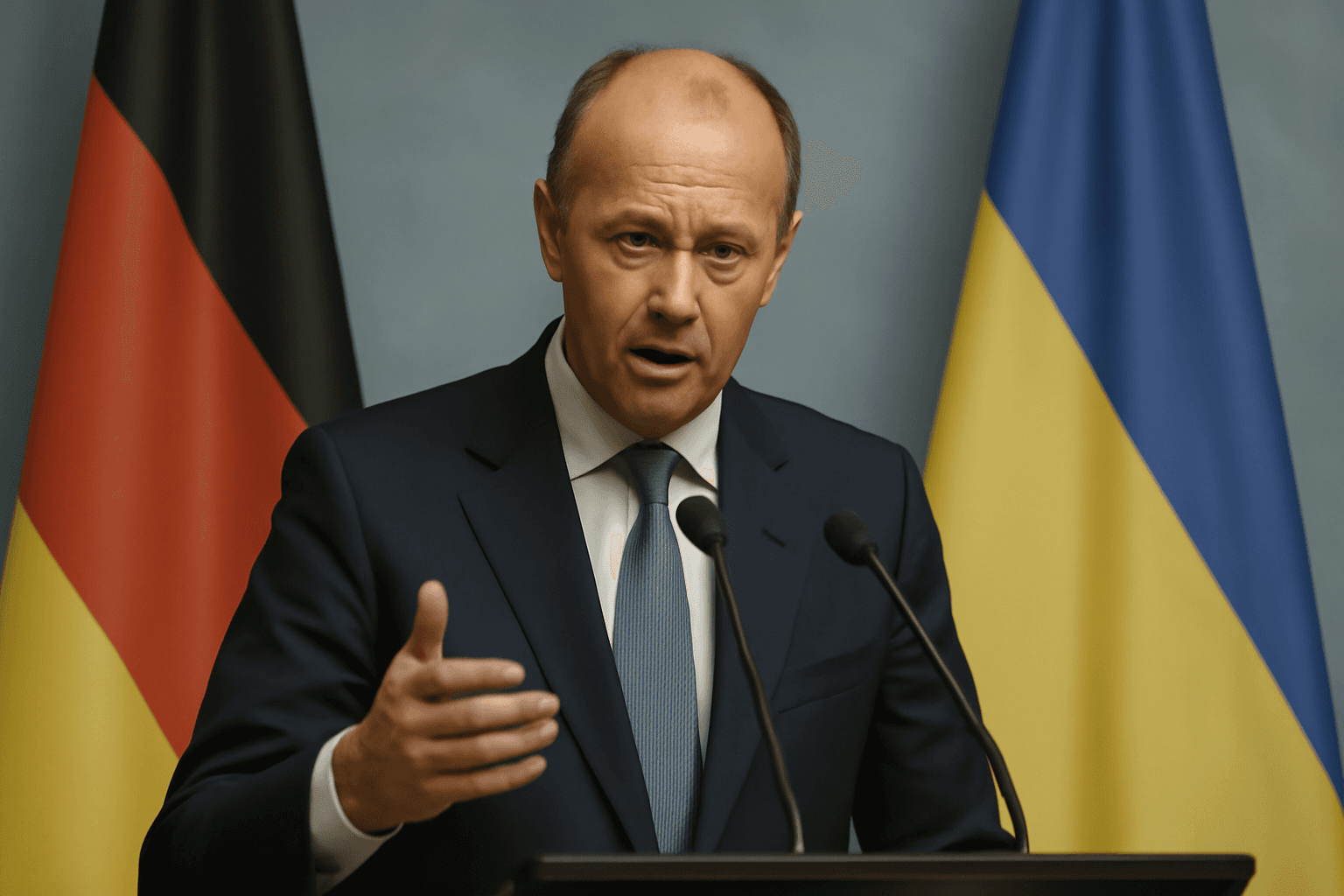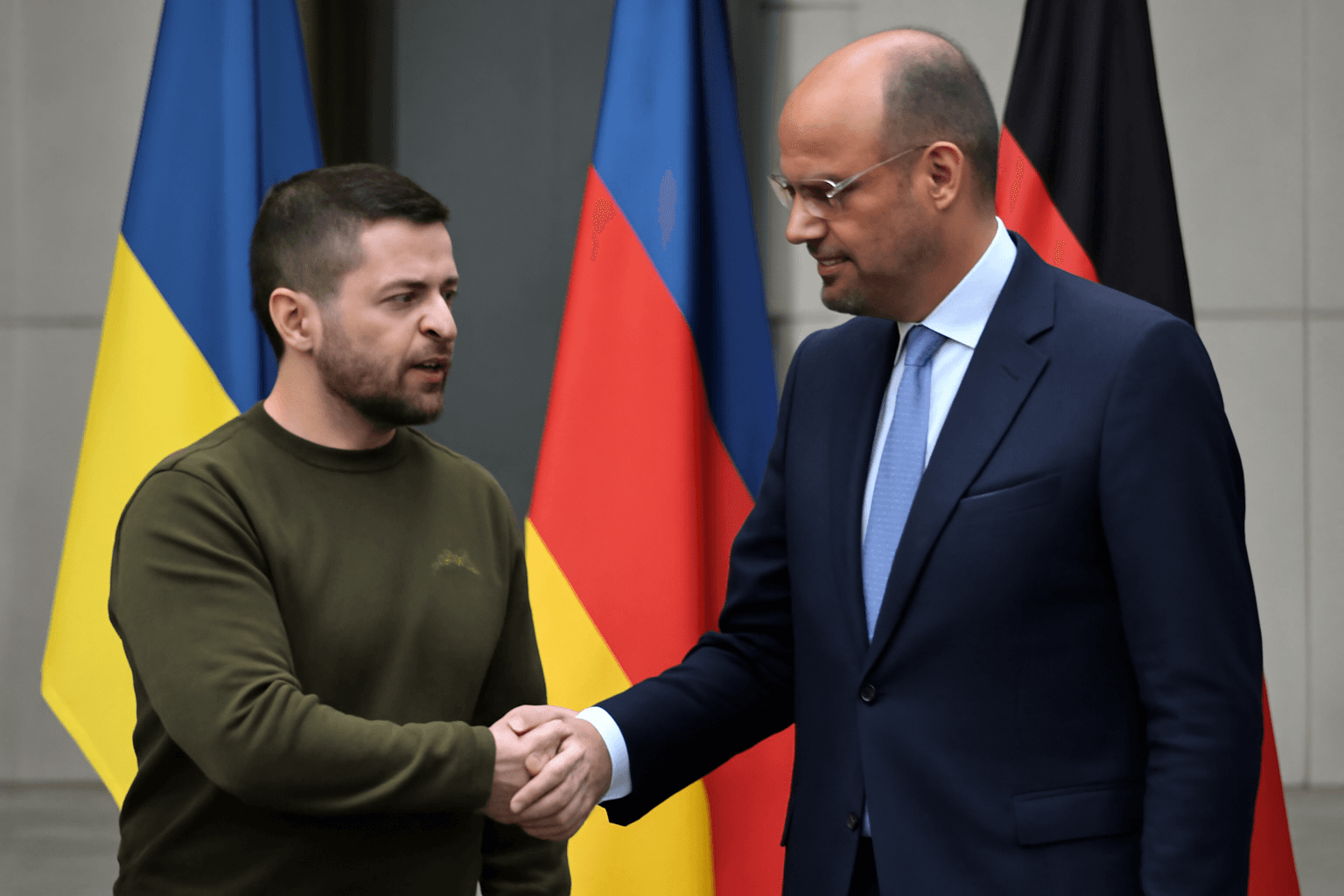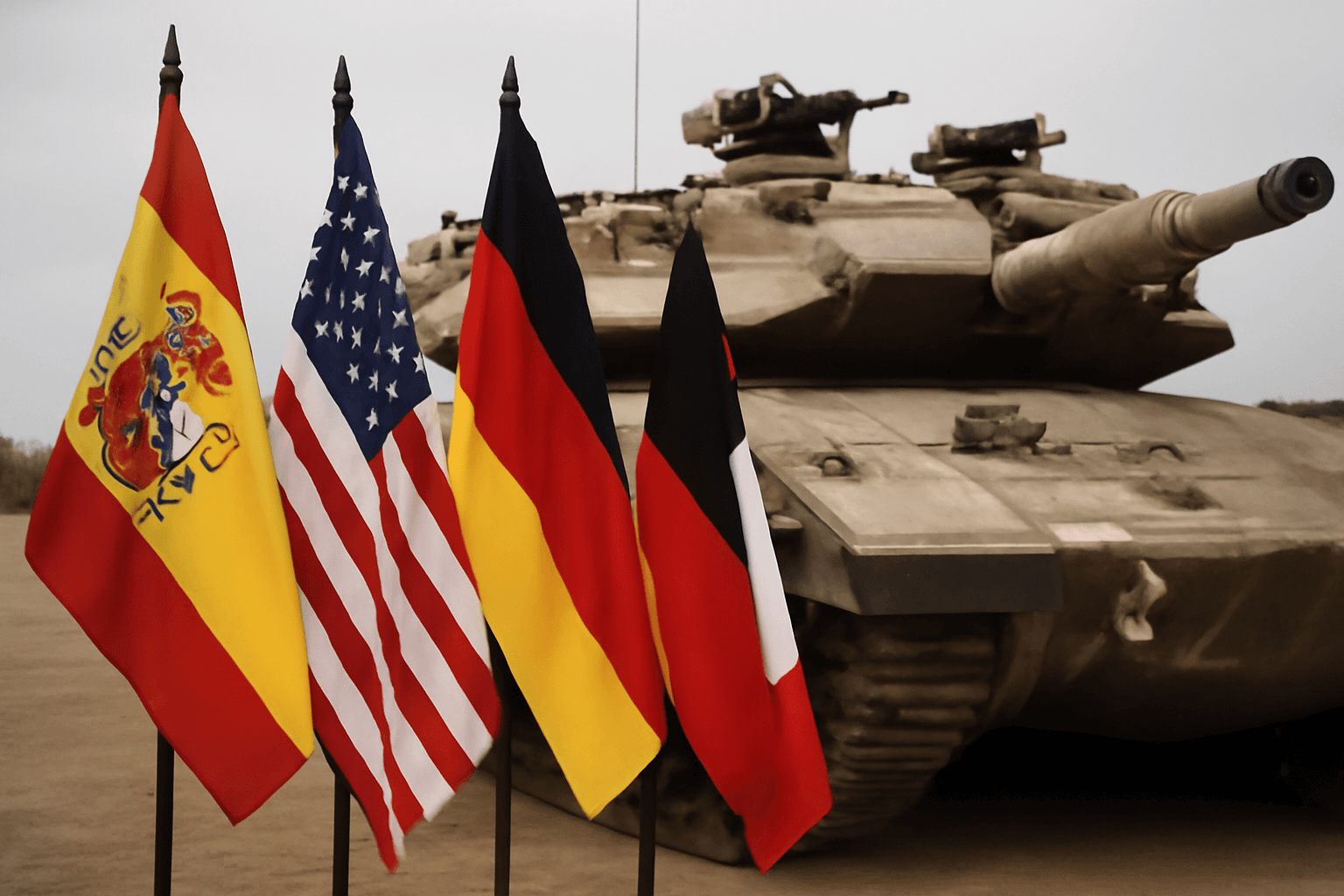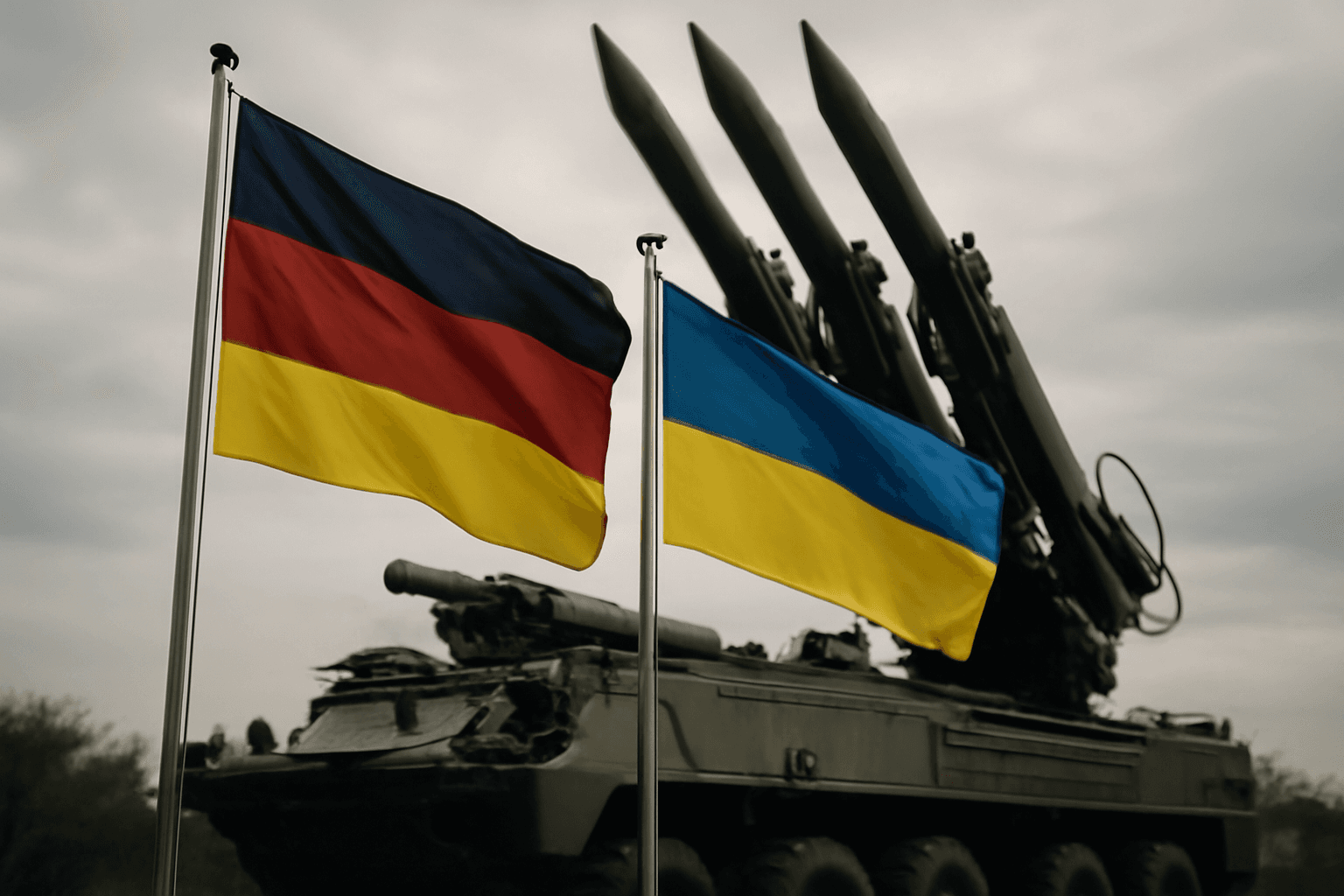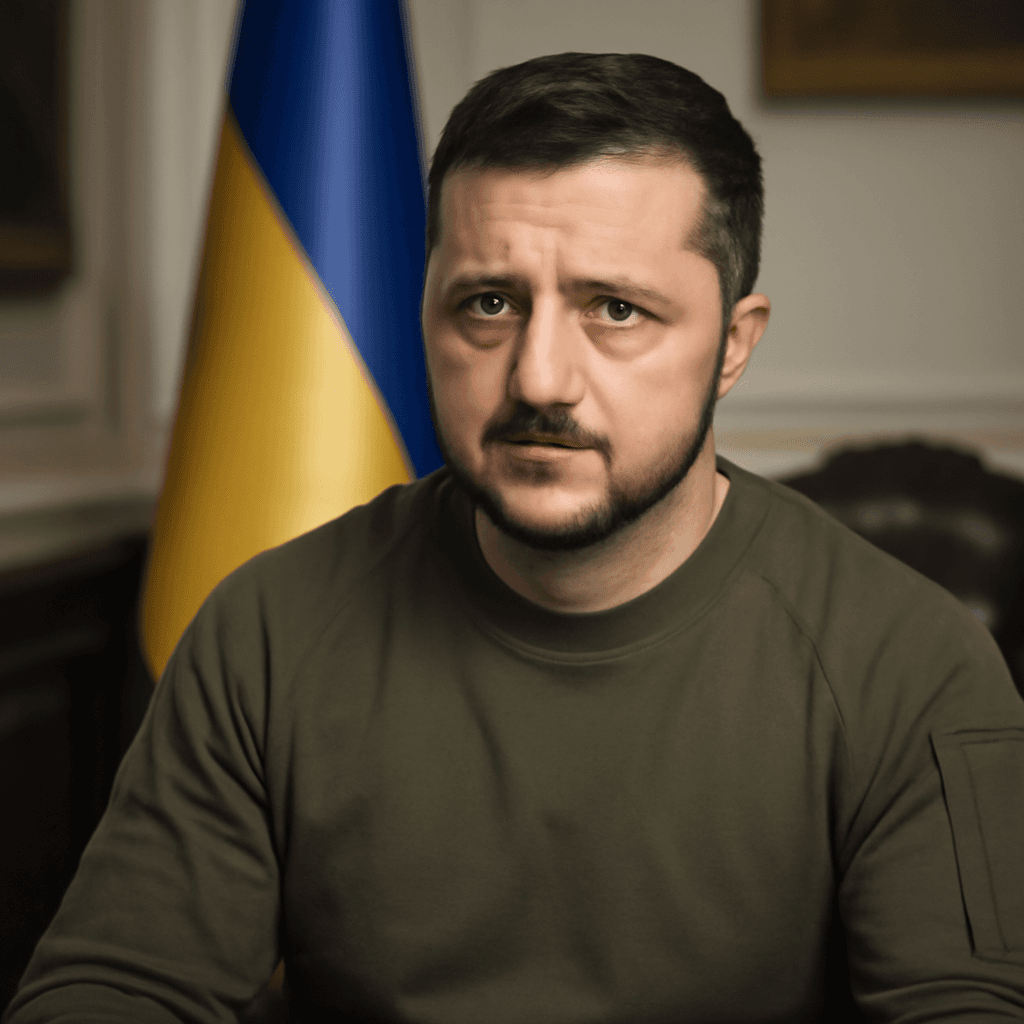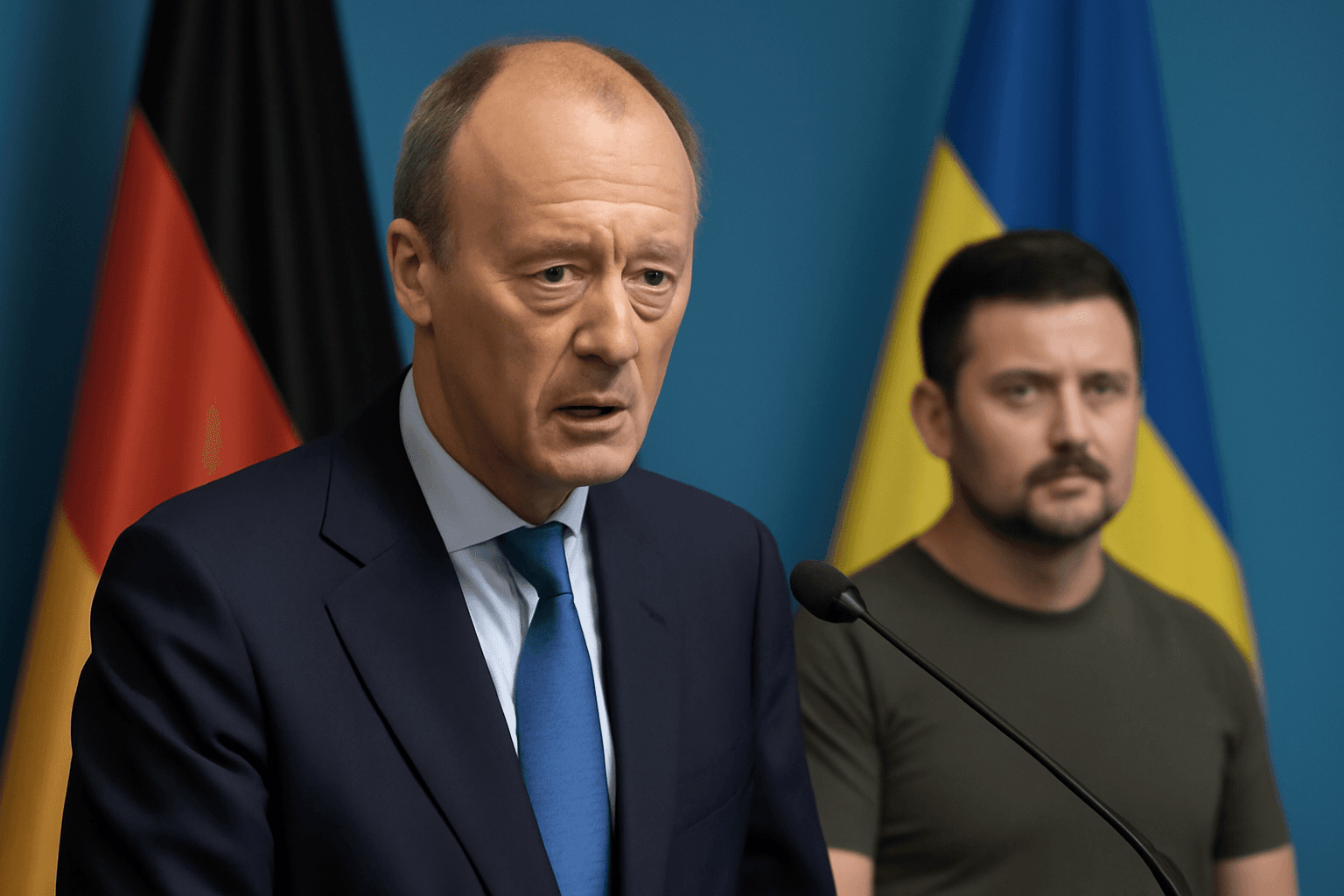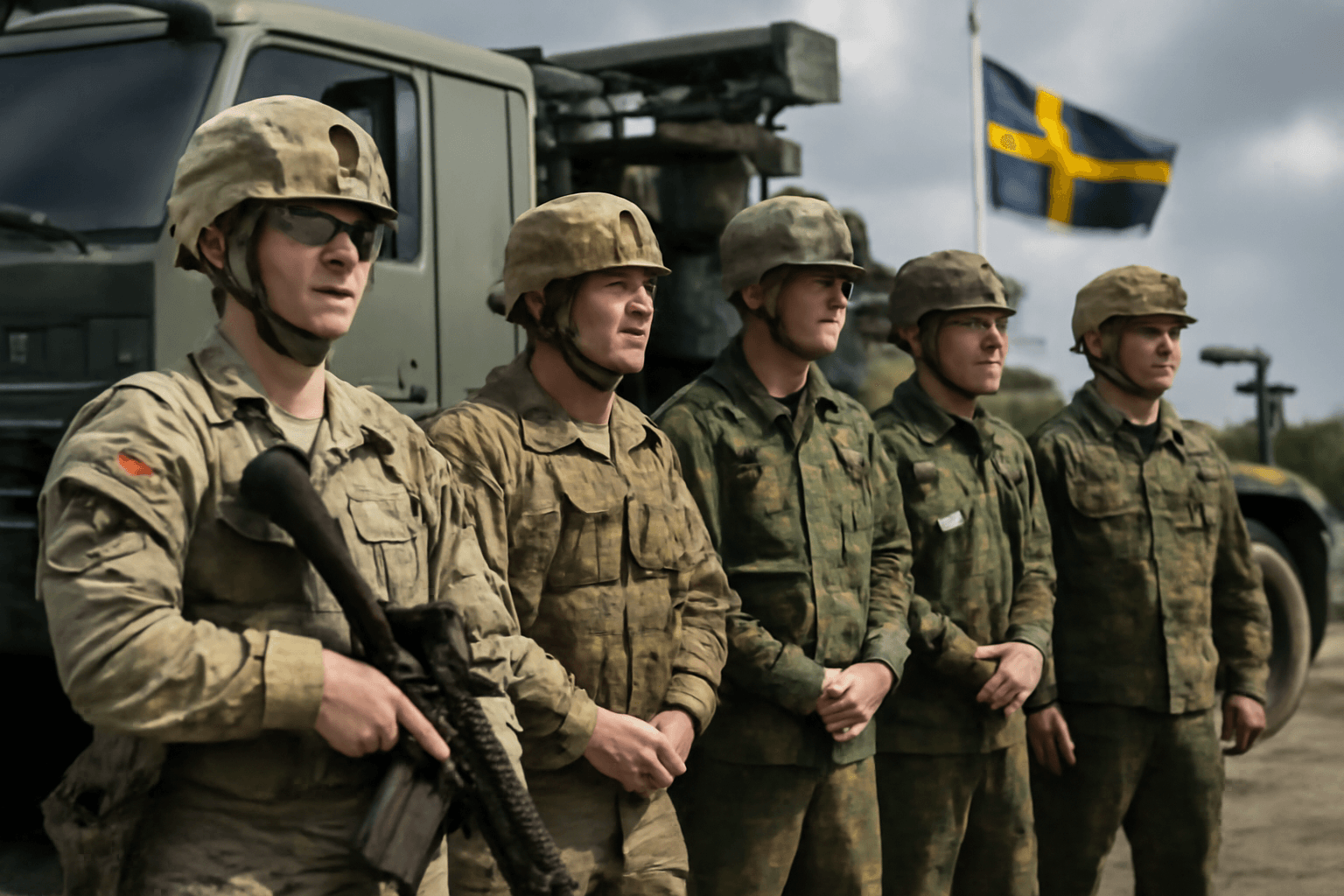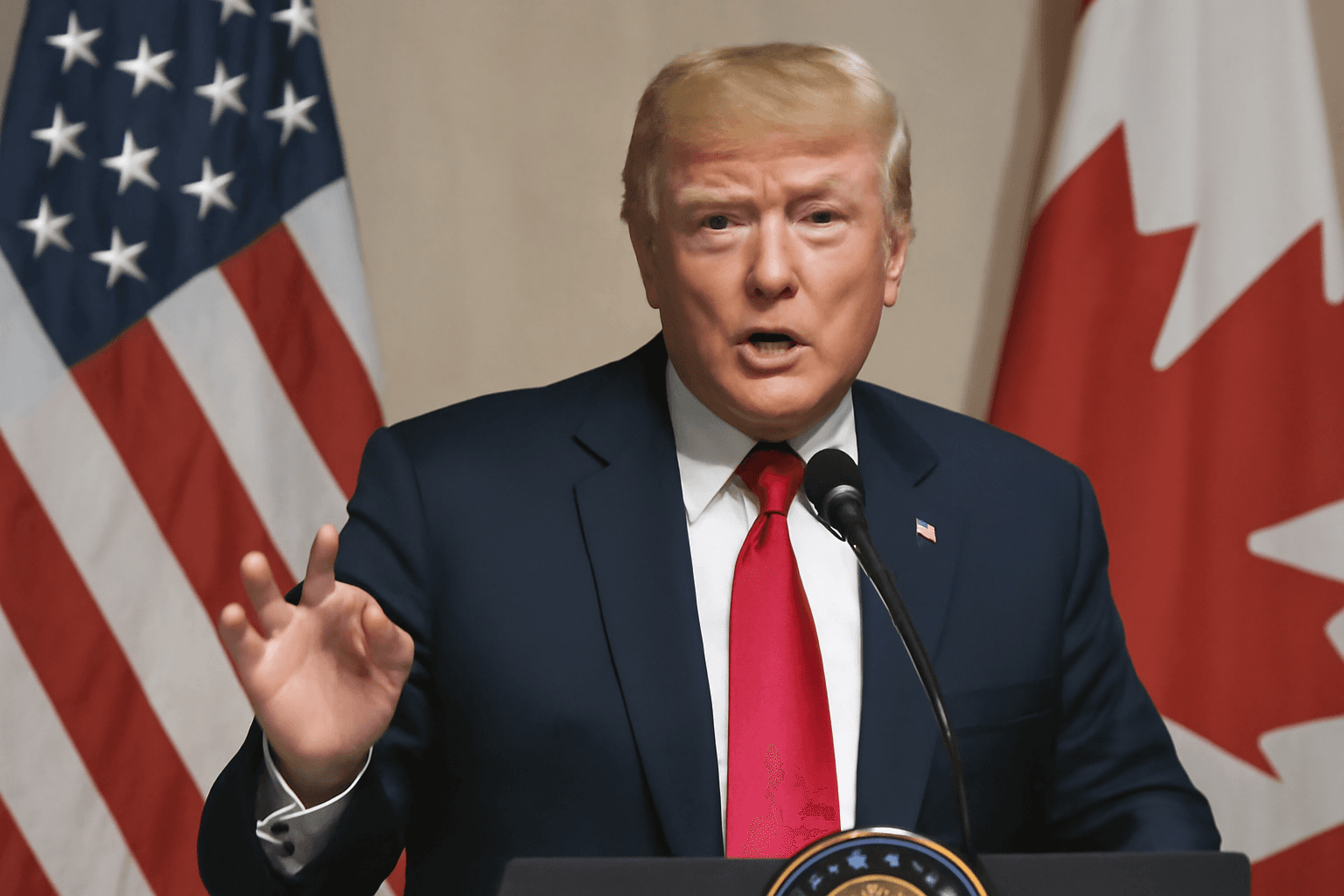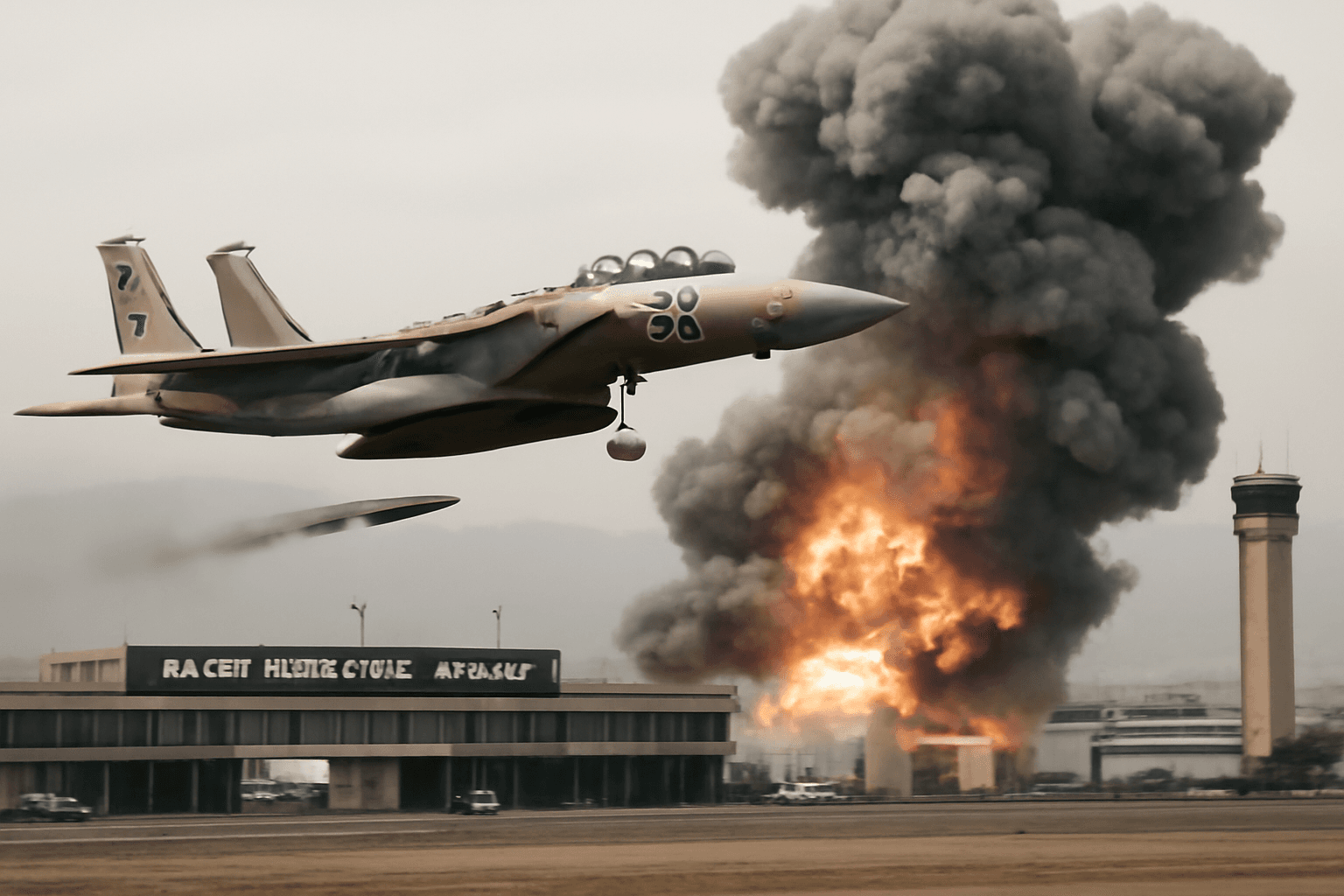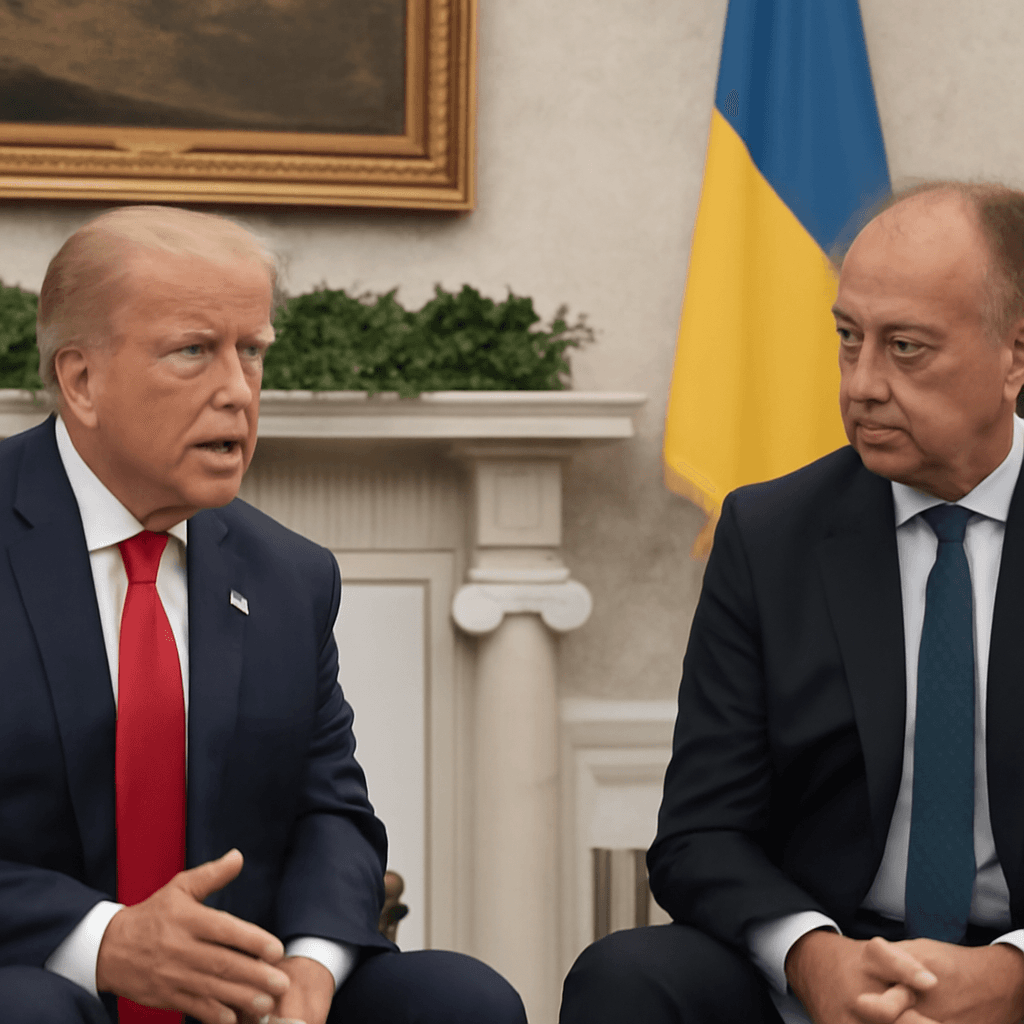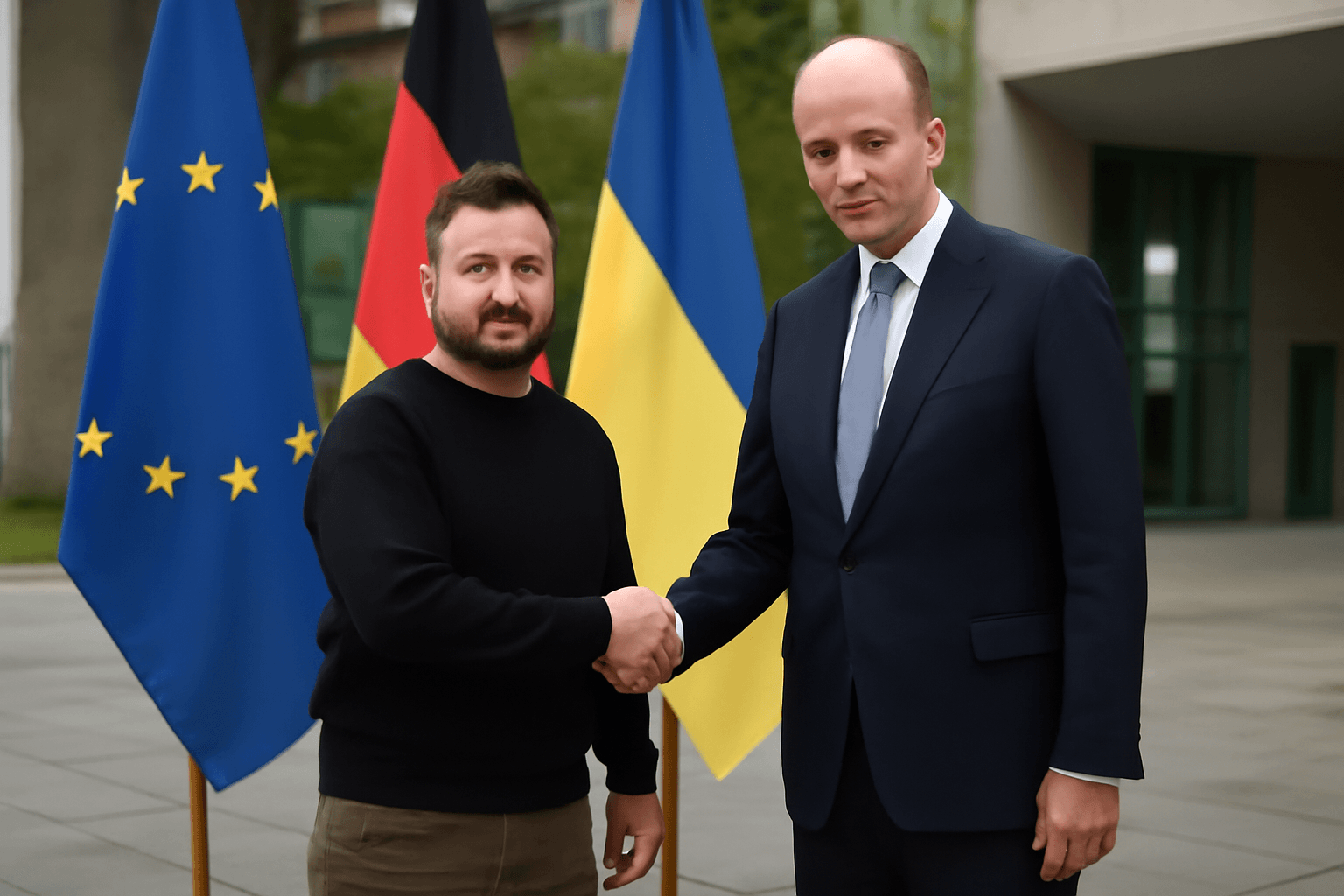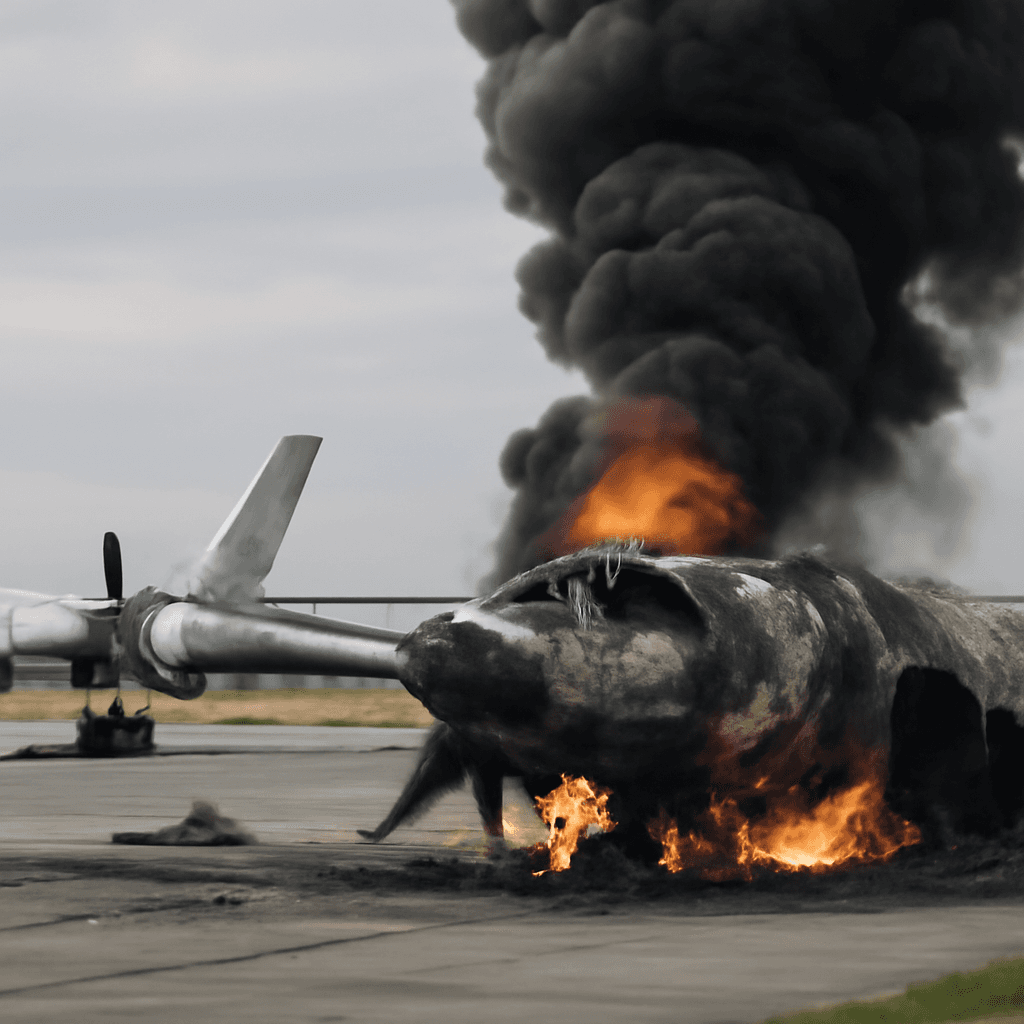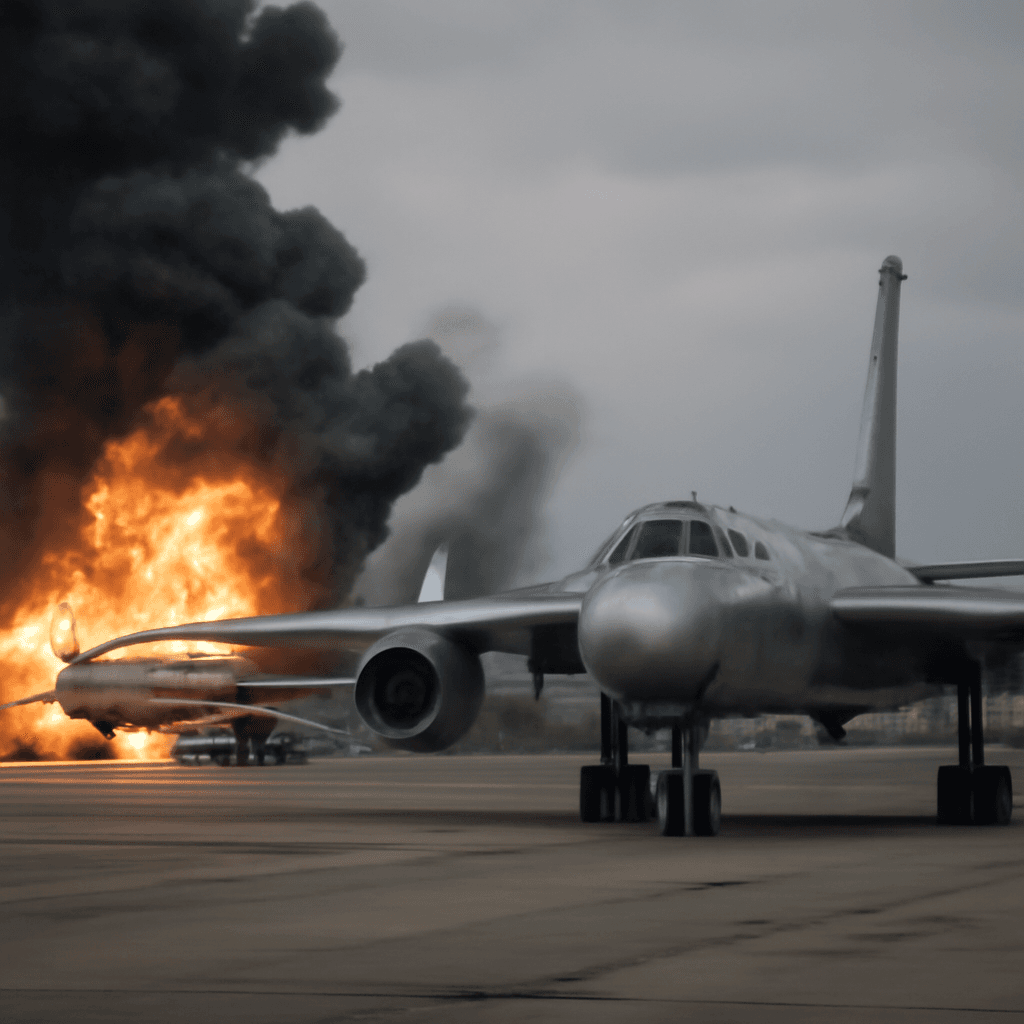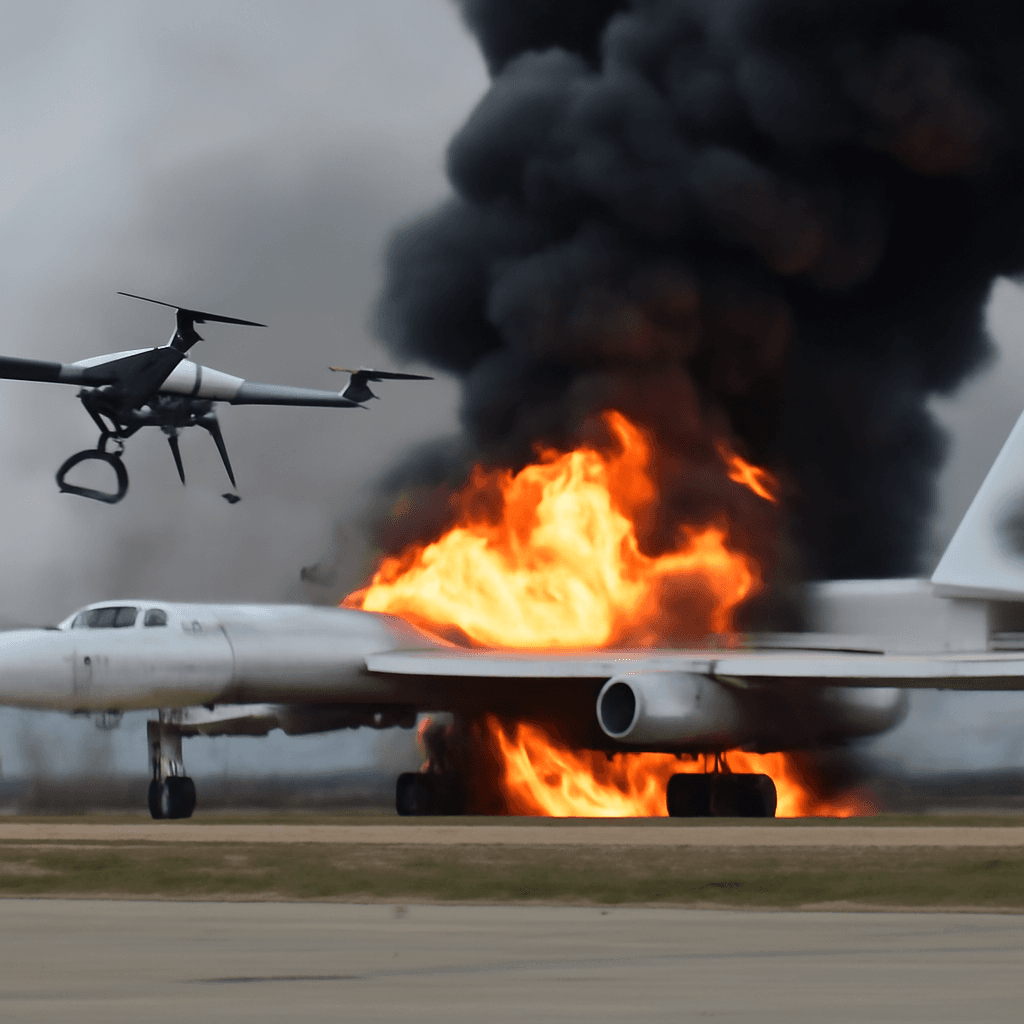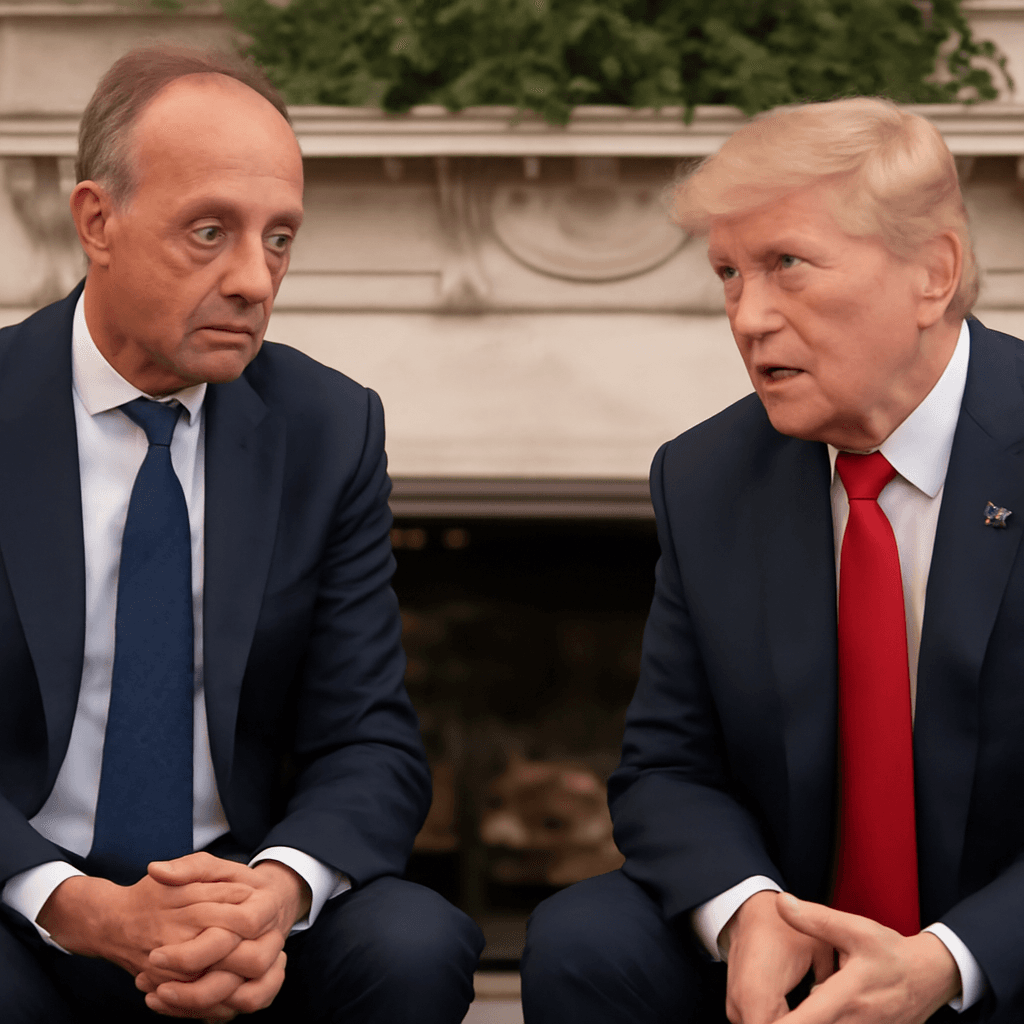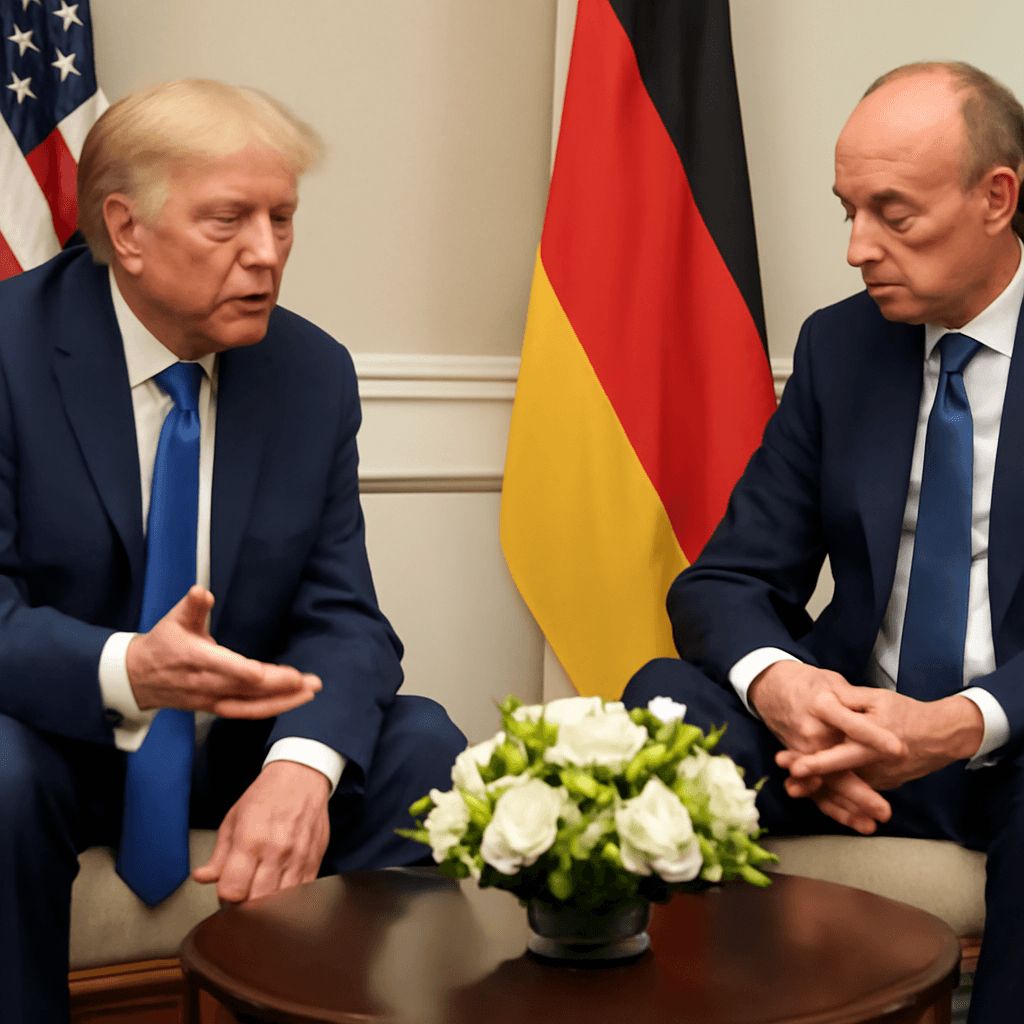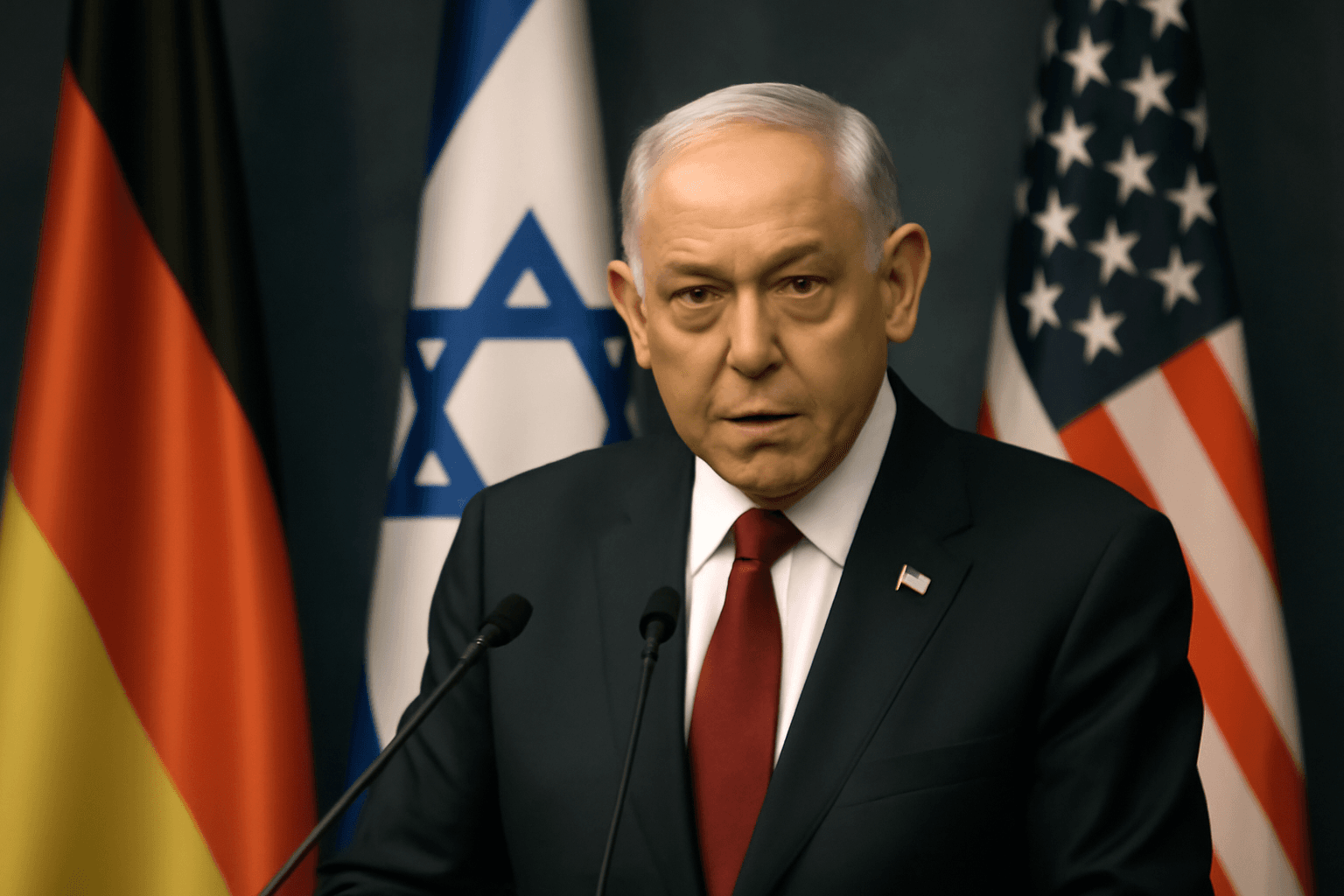German Chancellor Friedrich Merz announced on May 27, 2025, that Germany, in coordination with the United States, the United Kingdom, and France, has removed restrictions on the range of weapons supplied to Ukraine. This policy change enables Ukraine to target military installations within Russian territory, a capability that was previously limited by Western allies.
Speaking at the WDR Europaforum 2025 during the re:publica digital conference in Berlin, Merz stated, "There are no longer any range restrictions on weapons delivered to Ukraine — neither by the British nor by the French nor by us nor by the Americans." He emphasized that Ukraine had refrained from using extended range weapons to strike inside Russia until recently and that this shift now grants Kyiv greater defensive capabilities.
Merz reaffirmed Germany's commitment to supporting Ukraine through a post on X, stating, "We will do everything in our power to continue supporting Ukraine." However, he did not specify the exact nature or types of weapons involved or which countries had implemented the changes at various stages.
Kremlin Condemns Decision as a Dangerous Escalation
The Kremlin responded promptly to the announcement. Kremlin spokesman Dmitry Peskov described the removal of range limits on Western arms deliveries to Ukraine as a "dangerous" move, lamenting that such decisions contradict Moscow's hopes for a political resolution to the conflict.
Peskov warned that if these decisions had indeed been finalized, they risk further destabilizing the situation. Russia has long opposed Western support involving long-range weapons to Ukraine and has specifically cautioned Germany against supplying Kyiv with the Taurus missile system, which has a range of approximately 500 kilometers.
Background on Western Long-Range Arms Support
At the onset of Russia's full-scale invasion of Ukraine in 2022, Western countries refrained from providing long-range weaponry, aiming to avoid escalating the conflict. Nevertheless, the United Kingdom and France later supplied Ukraine with Storm Shadow and SCALP cruise missiles capable of striking targets up to 250 kilometers away.
In November 2024, the United States authorized Ukraine's use of the Army Tactical Missile System (ATACMS) against strategic targets within Russia. Subsequently, Ukraine reportedly launched UK-supplied Storm Shadow missiles into Russian territory, marking a significant shift in Kyiv's military capability and Western support.
French officials have also indicated that striking military targets inside Russia remains an available option.
Uncertainty Over German Taurus Missiles
Unlike previous German administrations, which hesitated to provide long-range Taurus missiles due to concerns over escalating tensions with Russia, Chancellor Merz has expressed general support for supplying these weapons. However, during his recent announcement, he refrained from mentioning Taurus missiles explicitly or confirming Germany's involvement in transferring them.
Germany’s current government prefers to maintain strategic ambiguity by not publicly disclosing specific arms shipments to Ukraine. Meanwhile, Russia has issued warnings that potential Ukrainian strikes using German-made Taurus missiles could be interpreted as direct German participation in the conflict.

